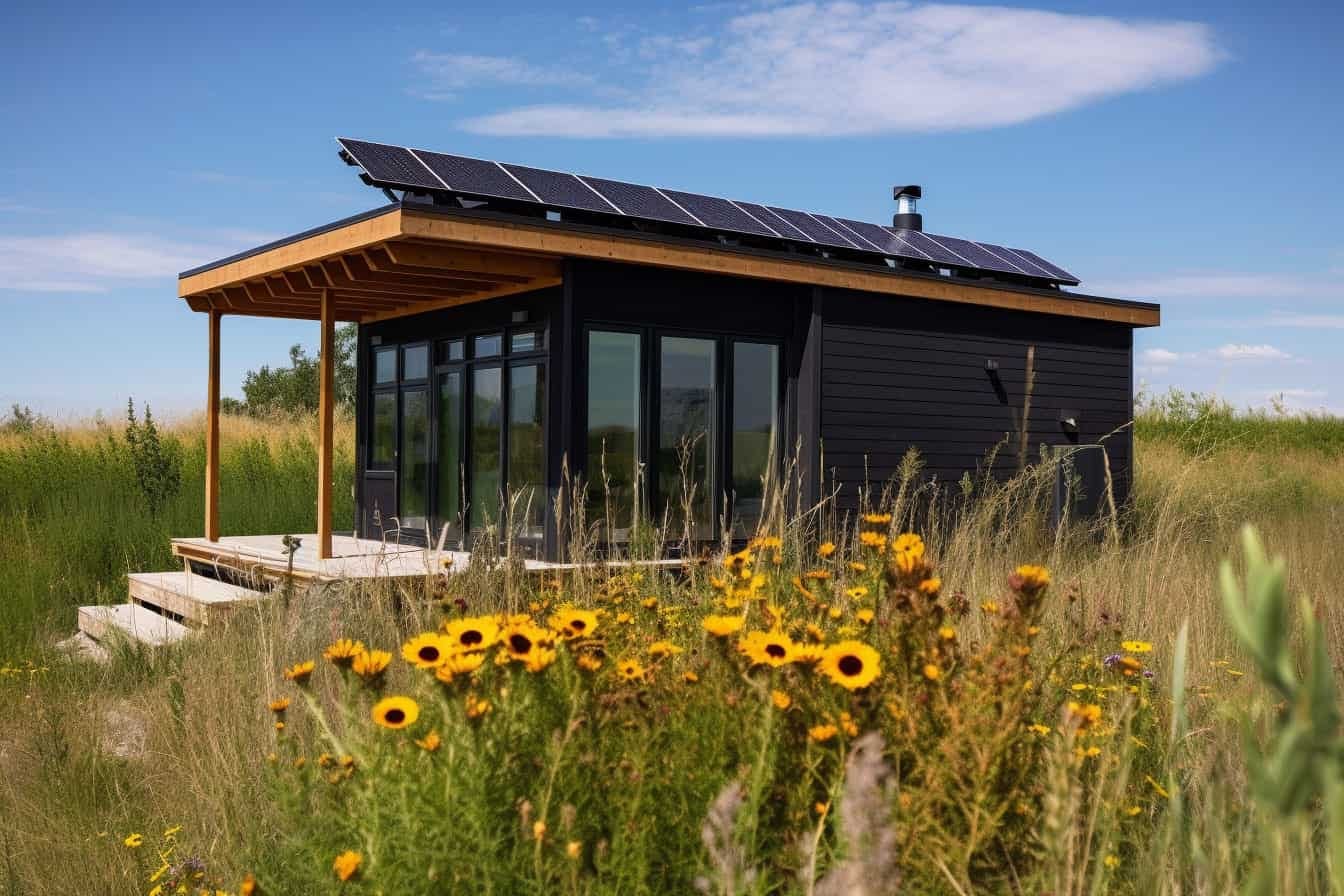On Monday, 28th of April at 12:33pm, lights went out across Spain and Portugal, as over 50 million people were abruptly severed from the electric grid, and many millions lost their phone and internet signals or could only access them intermittently. Traffic lights went out across the country, plunging highways into chaos. Trains were grounded. Payment systems in supermarkets ground to a halt. People were stuck in lifts that abruptly came to a standstill.
My wife and I retained access to our phone networks long enough to learn that the power outage we initially thought was local was, in fact, nationwide. I can recall living through powercuts in Ireland in my childhood, and I remember how my parents were prepared with candles and camping stoves. But that was an experience I had consigned to a distant past. I certainly did not expect in 2025 to live through a nationwide power and communication blackout that would last for the best part of a day.
Click here to hear more about a free webinar I will be co-hosting (May 15th at 7:30pm UK time) on freeing our minds and our communities in an era of Big Government and Big Tech.
Our family was fortunate because we live in a relatively small town and did not have to abandon our car on a highway due to traffic mayhem. Our biggest immediate concern was to find a way to persuade our ten-month-old boy to accept cold milk. We ended up bribing him by mixing in some porridge and fruit into his milk.
We did not suffer in any tangible way from the blackout, apart from losing some of the contents of our fridge and feeling anxious because nobody knew for sure when power would be restored. Yet it did feel like we had been transported against our will into a different sort of world, a world before the age of telecommunications.
For much of the day, we were completely “off the grid”: no working phones, no access to the internet, no digital communication whatsoever. The only communication we had was literally what we could pick up from the car radio, and what we could say to our neighbours in viva voce.
After several hours of “radio silence,” I decided enough was enough: I would take a roadtrip across Pamplona in search of a viable data signal. I wanted to know when power would be restored and frankly, I wanted to feel less cut off from the world. So I drove into the city centre - thankfully with minimal traffic - and circled around the town, peeking down occasionally at my phone to see if I could capture a data signal. But the digital silence covered the whole town, like a giant umbrella.
I returned home to find my wife reading a book instead of watching a TV series or checking messages on her phone. I think that was when it hit me: living “off the grid” for so many hours had instilled in me a vague sense of disquiet and a loss of control, but also a sense of profound relief: I, along with the rest of the Iberian peninsula, had been given an opportunity to live completely immersed in our physical environment, “unplugged” from the web and from WhatsApp and from email.
Of course it was unnerving, because it was an unchosen silence. But it also felt strangely liberating to know that just for a few hours, “communication” just meant a smile or a conversation with the person beside you, or imbibing the ideas of a distant author in the pages of a book. For just a few hours, everything felt especially real and immediate, and for that very reason, something that cried out to be attended to and accepted for what it was.
For just a few hours, there was no “digital escape” in a WhatsApp chat group, or a funny video, or a Netflix series, or email. For just a few hours, reality stared at me quietly, and I stared back, a little startled. I knew instinctively that this sort of “radio silence” was food for my soul, and that I did not want to go back to a world permeated by “smartphones” that never sleep.


